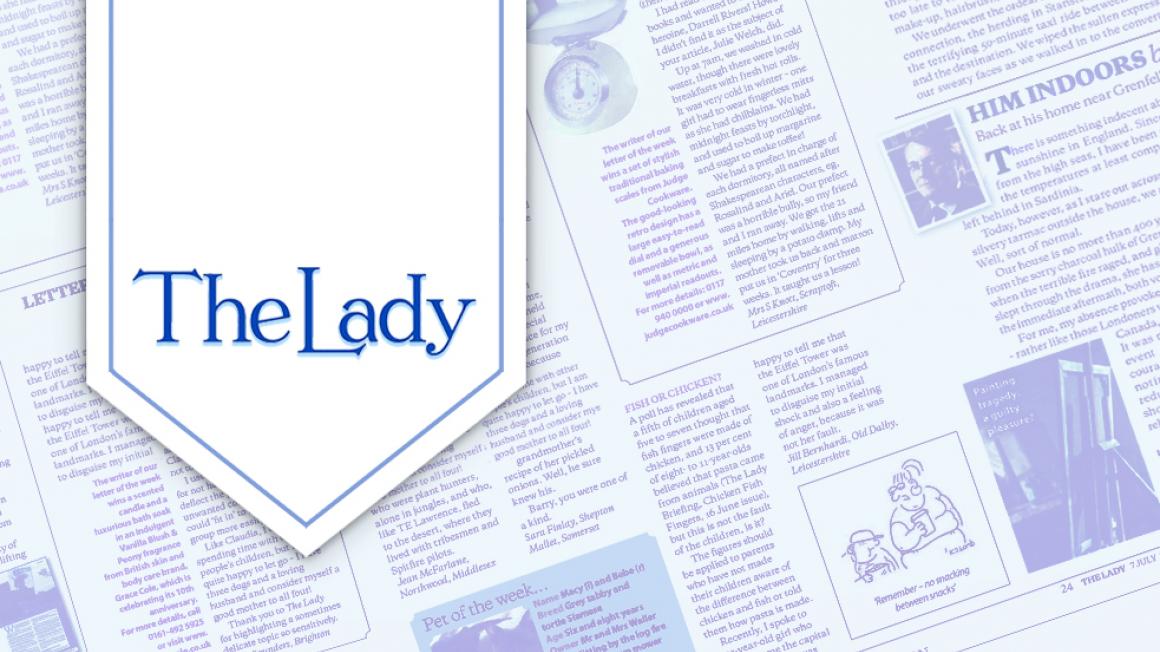Would you want to know your date of death?
Your own answer probably predicts whether you'd take the new Life Length test, as I did. At the cutting edge of modern science, this measures the length of a person's telomeres – that is, the tips of their DNA, from which it is possible to infer the risk of age-related diseases and give the body a biological age. Ultimately, the test offers an insight into how long you are likely to live.
For me it was a hypochondriac's dream: the test would either confirm my worst fears or put an end to my doomsday health daydreams. So I contacted the company in Madrid that offers the service, had blood drawn, chilled and couriered to their Spanish clinic, and then I waited.
'Telomeres are a key component of our biology, and their shortening is what causes us to age,' explains Stephen J Matlin, CEO of Life Length. 'Every time our cells divide, our telomeres reduce, until eventually they are so short that cells can no longer divide, so die or mutate, putting us at risk of age-related diseases such as Alzheimer's and cancer.'
Their length varies in individuals because we are born with a different amount – there is a genetic element – and they are shortened by lifestyle and environmental factors, such as alcohol or exposure to pollution. But only in the last few years has technology evolved to enable telomeres to be measured, by using powerful microscopes to look into the nuclei of cells. Blood cells are studied simply because this is the easiest sample to take.
Yet the test's simplicity only disguises its seriousness. When I told friends what I'd done, for example, they were shocked. 'Why on earth would you do that?' one asked, while another speculated on my real dilemma: 'If you discover you're likely to die young, what will you do?' Suddenly I realised this test could change my life because if I had bad results, I would live differently: I'd stop saving and start splurging, travel more, work less. My priorities would change in an instant. I even found myself wondering whether I would quickly marry and have children, or if that would be too selfish.
The test had gone from a bit of flippant fun to influencing my future. So while I never wavered in my conviction that I wanted to know – if I have limited time, I want to use it wisely – I did appreciate the impact this information could have on people, and on society. And if the scientists are right, most people will one day measure their telomeres. For they predict it will become as common as cholesterol testing, which is now routine and used by 400 million people every year. Thankfully, they also expect this will lead to treatments that can lengthen telomeres.
'We believe the future of medicine is in proactive and preventative health care, and that means having an insight into the body, including our rate of ageing,' says Stephen. 'It's not just about living longer but living healthier.'
I was certainly ready to overhaul my lifestyle, for in the weeks I waited for my results, I became convinced bad news was coming. I even emailed the clinic. 'Just to let you know I am prepared for the worst,' I wrote. 'Don't worry about protecting my feelings. I can cope.'
And then the reply came... and the results were good. 'You have exceptionally long telomeres,' Stephen explained, as my life stopped flashing before my eyes. 'You're off the graph, as these results rarely occur. Your average amount of short telomeres is much lower than any other age group, even those younger than you.'
He also showed me an extraordinary picture of blue and red lights: my DNA. 'This is inside the nuclei of your cells and unique to you,' he said. For comparison he emailed his own picture, which had far less light in it, meaning fewer telomeres. My results were so rare I couldn't be given a biological age.
'This is not a predictor of your individual lifespan, but if we had 10,000 people like you, we'd predict them to live longer than the average woman,' said Stephen. 'Most of the big diseases are linked to telomere length, but you could still get cancer tomorrow. It is simply statistically less likely.' And through environment or lifestyle, my telomeres could shorten drastically – by exposure to radiation, for example, or by eating excessively.
As I'm far from saintly: my job is stressful, I exercise infrequently, eat cake and chocolate every day, and used to smoke and drink heavily when I was younger, I attribute my results to genetics, but science has yet to work out how the responsibility is shared among genes, lifestyle and environment.
Two weeks on and the results have really changed me. I feel calmer, as I'm not worried about cancer or other diseases, and I feel grateful to have a healthy body. But I am also irrationally worried about having an accident. Biologically I might be set for a ripe old age, but that gift could be overridden in an instant by me being overridden by a bus.
Perhaps I am simply overprotective of my tremendous telomeres.
For details: www.lifelength.com


